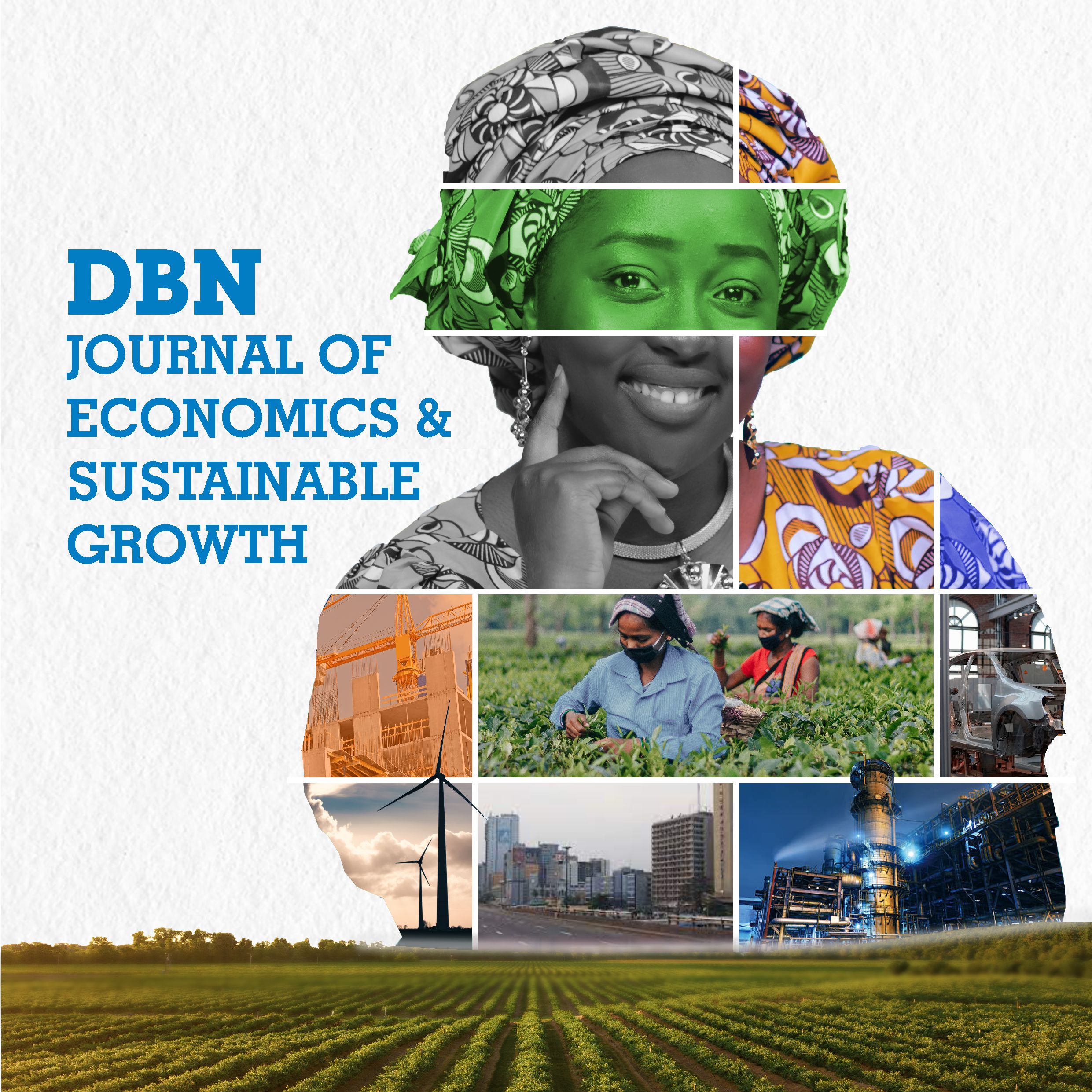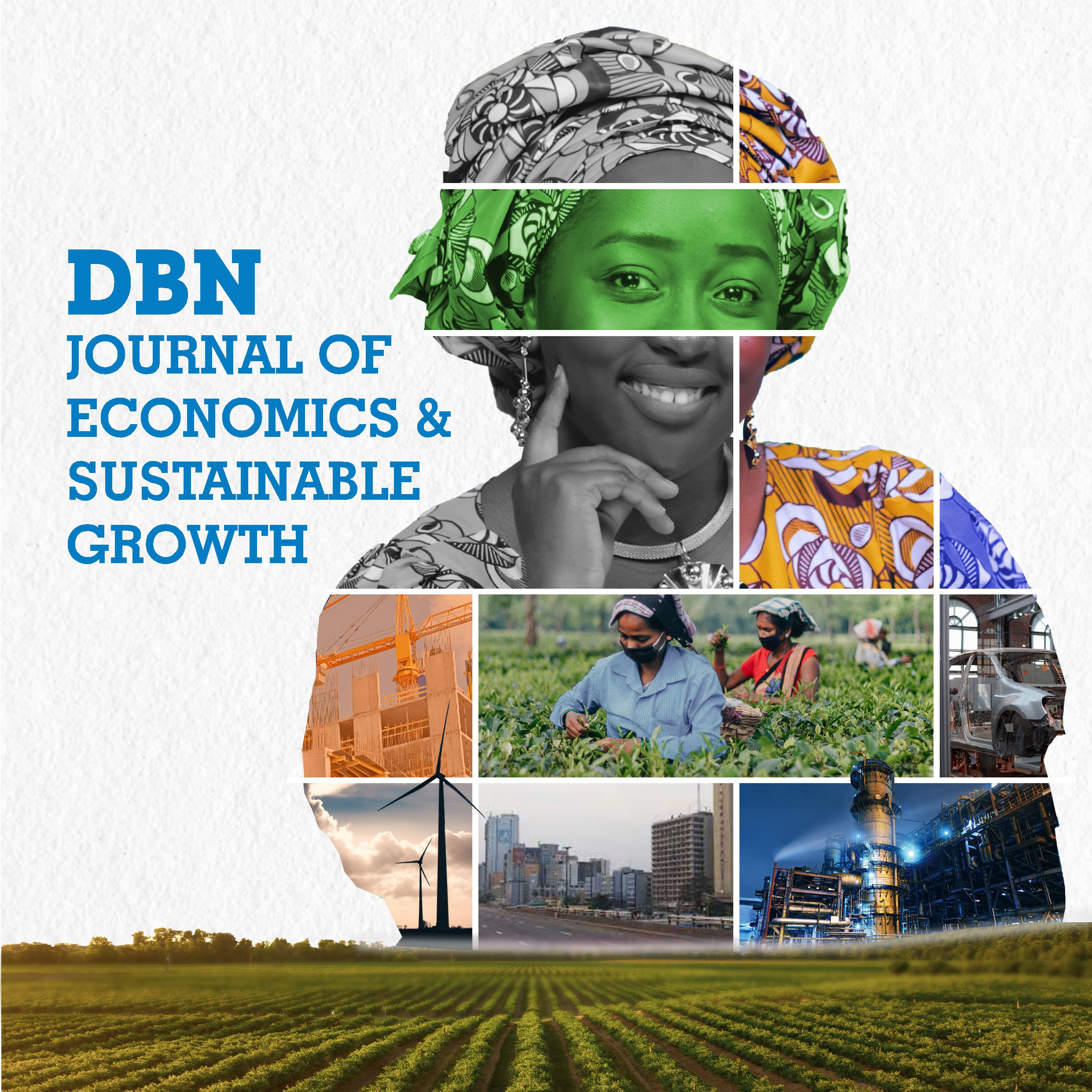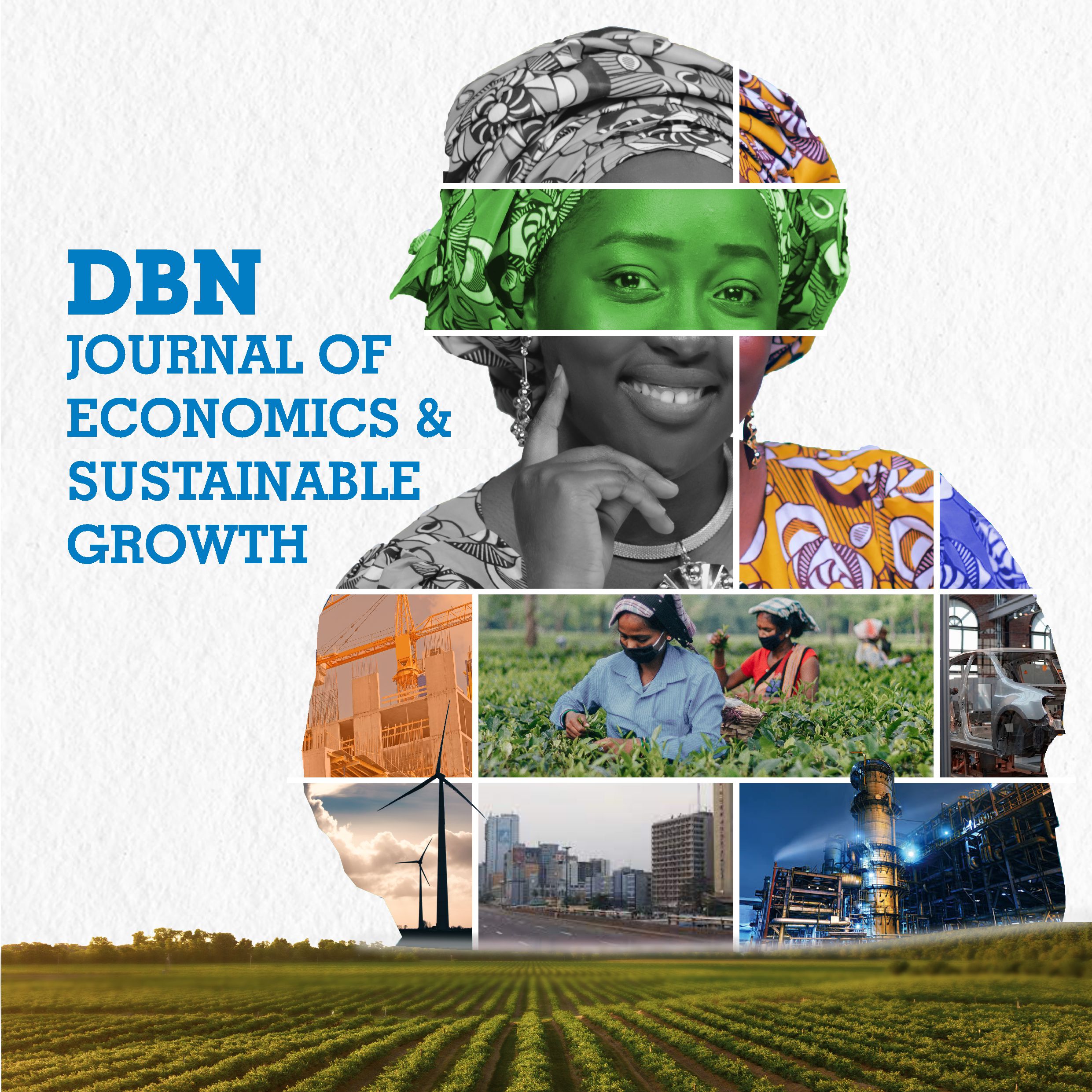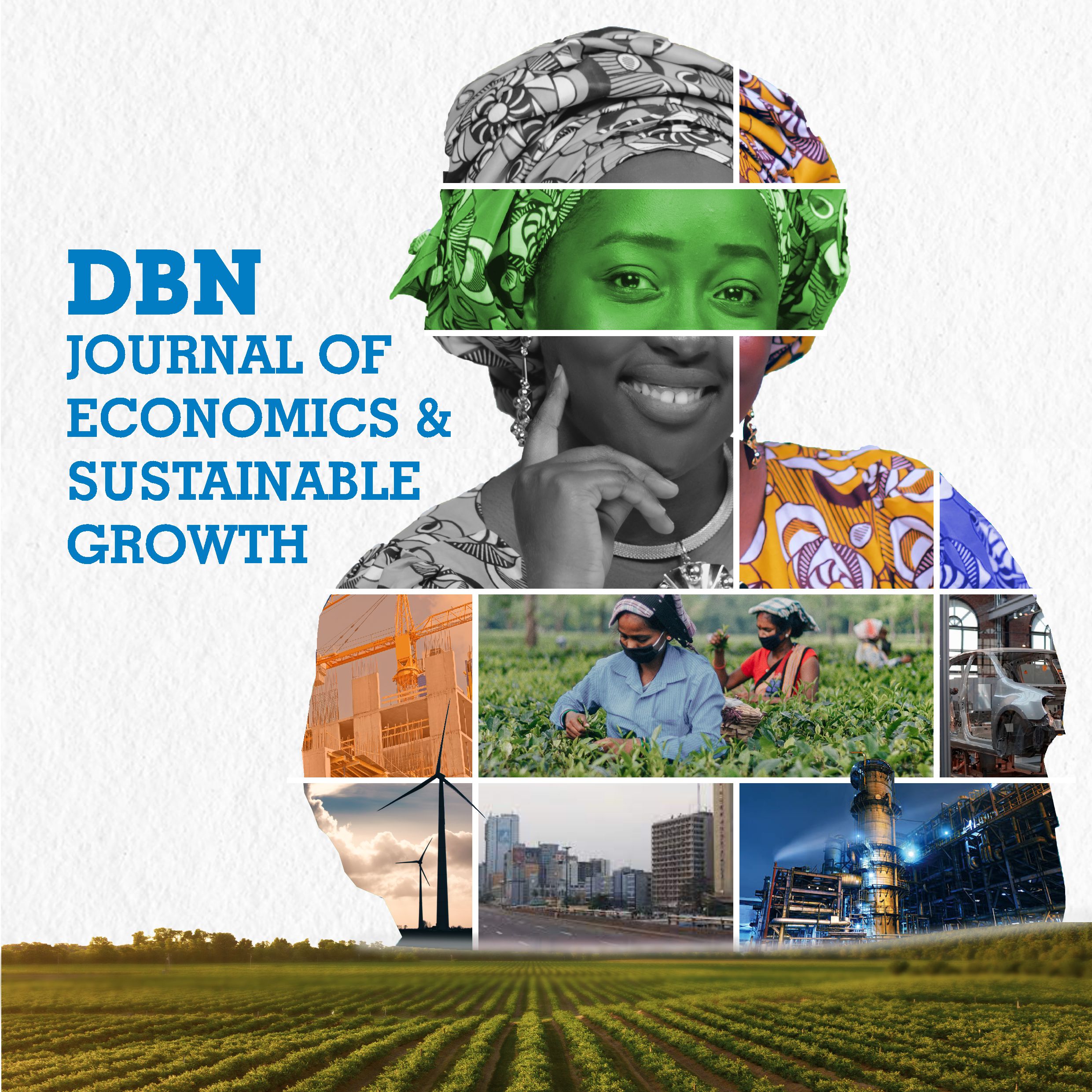
Publication Information
Published by: Admin
Published: 10 months ago
View: 327
Pages: 22
ISBN:
Abstract
The paper examines the effect of microfinance on income inequality in Nigeria. It employed the ARDL bounds test to investigate the relationship between microfinance banks’ loans and advances and (the Gini index of) income inequality in Nigeria using annual time series data spanning the period from 1992 to 2022. The empirical evidence indicates that microfinance banks loans and advances, and improvement in (labour) employment significantly reduce income inequality in the short-and long-run. Inflation is found to exacerbate income inequality in both time horizons. Further evidence is that FDI worsens the income inequality problem in the short run but contributes significantly to lowering it in the long run. Based on the findings of the study, to reduce income inequality in the country, the paper recommends strengthening of the microfinance banking sector to position it to adequately play its roles of lending to the MSMEs; bringing inflation under control; generating employment through increased incentives to the private sector; and enhancing the attractiveness of key sectors of the economy to FDI.
Oziengbe Scott Aigheyisi Dr
Related Publications

VOLUME 7 ISSUE 1 2025
Blended effect of economic openness and governance on FDI inflows in Nigeria

VOLUME 7 ISSUE 1 2025
Interplay between Sectoral Growth and Financial Development in the Poverty Reduction Process in Nigeria

VOLUME 7 ISSUE 1 2025
Analysing the Monetary and Fiscal Policies Effect on Nigeria's Economic Growth
